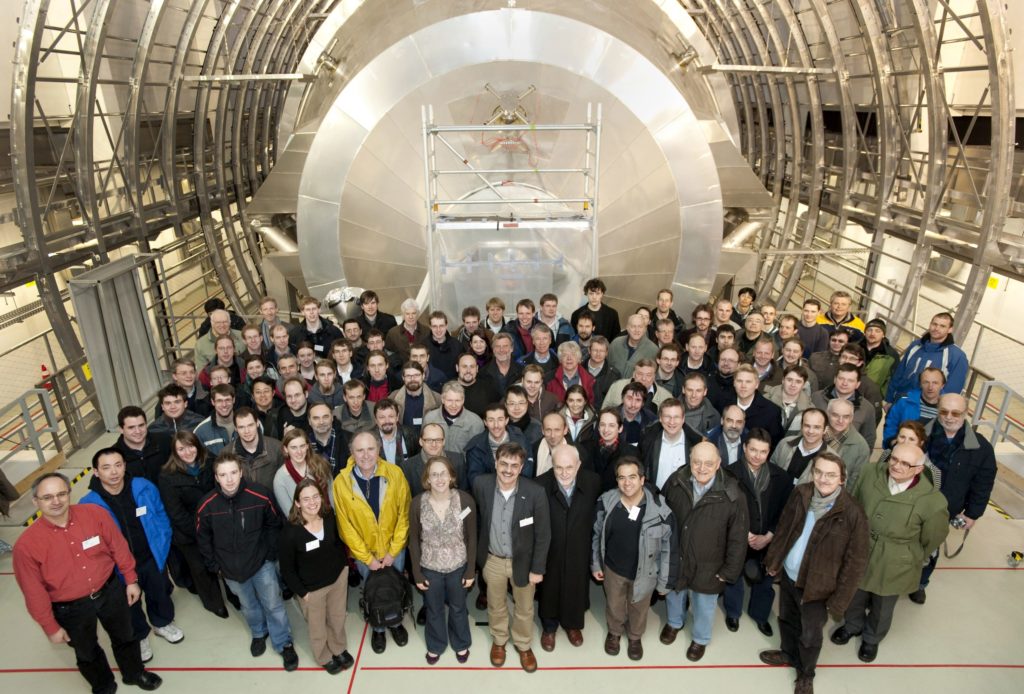
For as long as Jared Richards could walk, he’s been a scientist in training.
As a 3-year-old, he often perused his parent’s backyard looking for bugs, and as he got older his mother continuously nurtured the interest by buying him science books.
“It helped fuel my need for science,” Richards said.
This fall, the Columbia, Maryland, native will begin a new phase of his budding scientific career as he arrives at the University of North Carolina at Chapel Hill as a first-year biology student and member of the Chancellor’s Science Scholars in the College of Arts and Sciences.
At Carolina, he will continue to follow his passion for science that started as early as he could move around freely. Throughout middle and high school, Richards honed his scientific approach, becoming increasingly interested in evolutionary biology.
“When I was younger I always wanted to touch the animals, but as I got older, I’ve taken a scientific approach,” he said. “Now, when I look at stuff, I generate questions about whatever I’m looking at.”
It was a documentary on leatherback turtles on the island of Trinidad that really pushed Richard’s passion to the next level.
Having already planned to visit family in Trinidad the summer before his senior year of high school, the documentary inspired Richards to have family members living on the Caribbean island inquire about ways to find the turtles.
His grandmother found something better: a research project on the northern end of the island where scientists were collecting data trends on nesting female leatherbacks.
Richards emailed the group asking for the chance to work with the turtles, and once he arrived on the island, they put him to work.
“They showed me what they do on a daily basis and once night struck — when the turtles come out — we went for it,” he said.
His first field project, Richards said it was “amazing” to work alongside the scientists and conduct hands-on research.
“I remember holding in my excitement the first night when we decided to step out of the house,” he said. “I remember I was so jittery, and off in the distance, I could see this dark mass come out of the water. That was the biggest organism I had ever seen outside of a zoo. Leatherbacks, on average, are around 900 pounds. I was speechless when I was saw one.”
Richards left that experience with a solidified desire to pursue biology in college.
As a member of the fourth cohort of the Chancellor’s Science Scholars, Richards got his first taste of science at a collegiate level this summer. The program, which aims to increase diversity in the sciences, hosts a month-long summer course that prepares the students for the rigors of college academics.
“This is a program where we take the best students that we can find and bring them in here and try to support them to make absolutely sure that they’re going to be successful,” said Michael Crimmins, the executive director of the Chancellor’s Science Scholars.
“This is all about supporting them not from Day 1, but Day Zero — six weeks before they start college. We try to do everything we can to support them academically, but also to support them emotionally.”
The summer program provided the foundation to his first semester, Richards said, and gave him the confidence he needed heading into the school year.
“Before that, I was kind of nervous about going to college and being independent,” he said. “I was worried about being confused for the first semester, but it definitely eased my way in.”
As a Tar Heel, Richards will focus on the evolutionary side of biology. He eventually hopes to visit the roots of the theory of evolution by visiting the Carolina’s Center for Galapagos Studies.
He also plans on using his four years at Carolina to work in research labs, possibly studying viruses or mutations in the genome — opportunities he discovered through the Chancellor’s Science Scholars.
The ultimate goal, he said, is to prepare for the next step: a doctorate.
“I want to come finish the four years strong and ready to go to graduate school,” he said. “I hope that during my time at Carolina I will learn new things — not only academically but also about myself.”
By Brandon Bieltz, UNC Office of Communications and Public Affairs
Part of the New Year, New Faces series


